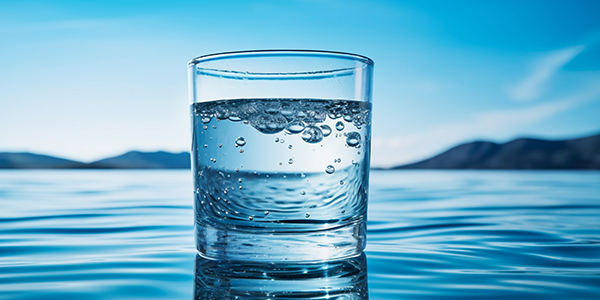Iodine as a Disinfectant and Water Purifier in Emergency Situations
Iodine is widely used as a disinfectant and water purifier during emergencies and for sterilization purposes. Below are the key applications of iodine in water treatment:
Water Disinfection
Iodine acts as a powerful disinfectant in water purification, effectively killing microbes and bacteria present in the water. One common method is the use of iodine tablets, especially during emergencies, travel, or in areas with limited access to clean water. These tablets or iodine powders quickly disinfect water and prevent the growth of bacteria and viruses.
Reduction of Infections and Microbes
Iodine is capable of effectively eliminating bacteria, viruses, fungi, and other pathogens, making water safe for human consumption. Its antimicrobial properties make iodine highly useful in removing disease-causing agents during water treatment.
Use in Domestic and Industrial Water Treatment Systems
Iodine is also used in some water purification systems, particularly for treating domestic and industrial water supplies. For example, iodine can help remove microbial contamination and improve the quality of groundwater or polluted water sources.
Water Purification in Emergency Conditions
During emergencies such as natural disasters or wars, when access to clean water is limited, iodine is one of the main agents used for water disinfection. Iodine tablets can be quickly added to water to make it safe for drinking.
Methods of Using Iodine for Water Treatment
-
Iodine Tablets: Portable iodine tablets are an effective way to disinfect water. They usually come in small packages and can be easily added to water.
-
Iodine Solutions: Some iodine solutions are designed for water purification. These solutions dissolve easily in water and perform the disinfection process efficiently.
Limitations and Safety Considerations
Although iodine is effective for water treatment, excessive use can be harmful and may lead to iodine poisoning. Therefore, it is recommended to use iodine cautiously and follow instructions, especially during emergencies.
Conclusion
Overall, iodine, due to its antimicrobial and disinfectant properties, is an effective choice for water purification under special circumstances, particularly when access to complex water treatment systems is unavailable.
